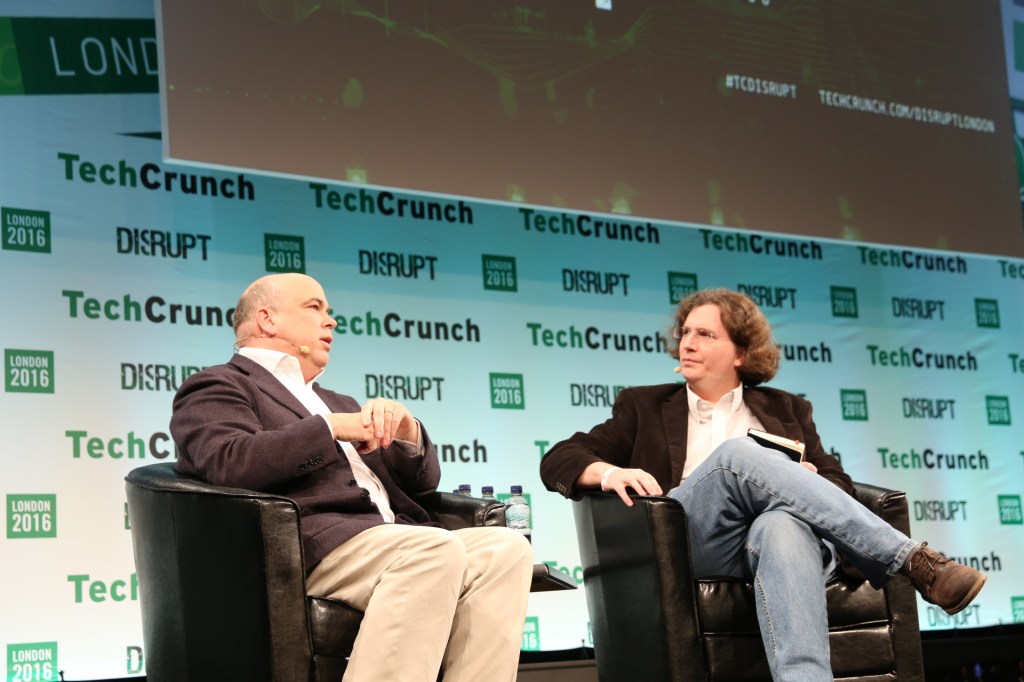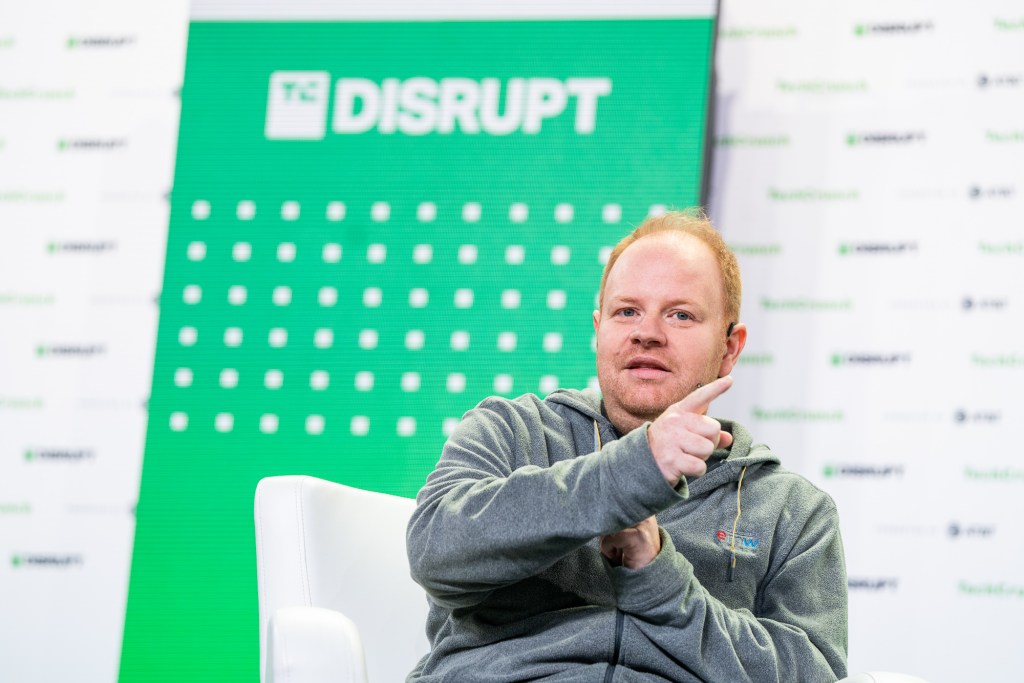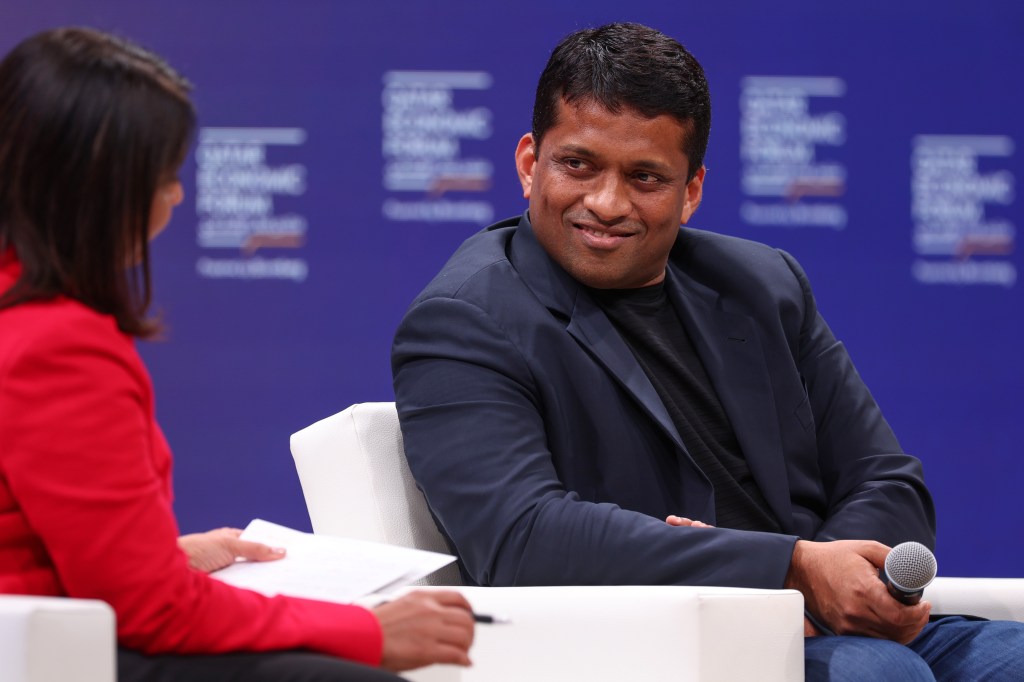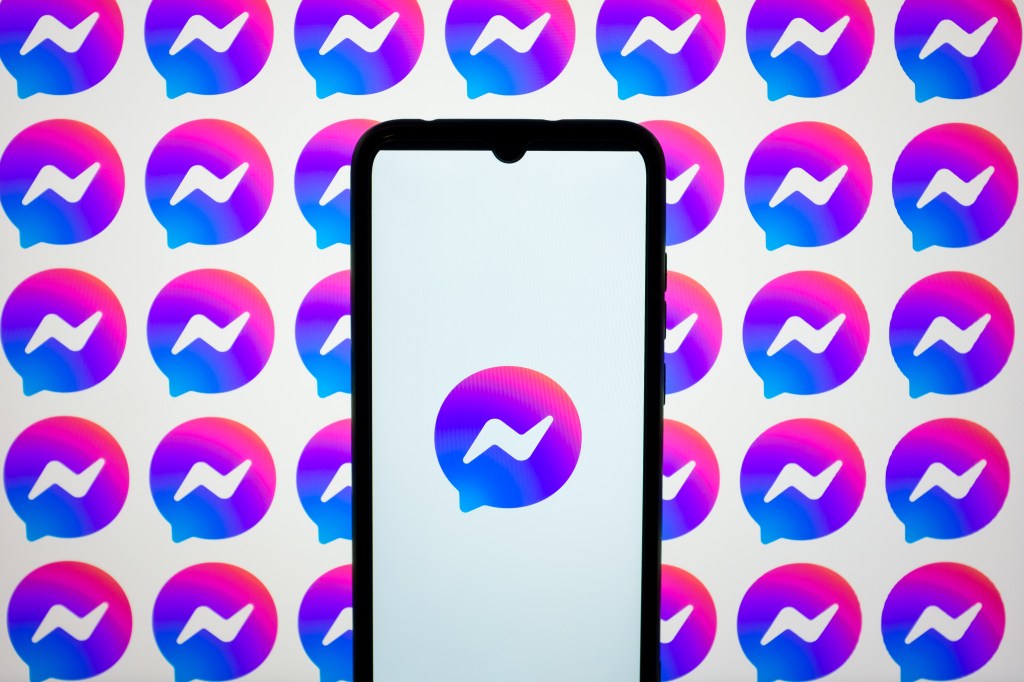Every year before the anniversary of the Tiananmen Square Massacre on June 4, the Chinese government begins to exert even more control over what information people can access online. This year is the 30th anniversary of the day the protests ended when the government sent troops to fire on students, activists and other people demonstrating against the Communist Party. Censorship efforts appear to have intensified, potentially affecting even social media accounts outside of China.
From the beginning, the government has tried to control information about the massacre, claiming after the event that 300 people died, though Amnesty International and other international observers said the death toll may have been much higher, potentially numbering into the thousands.
Suppression of information means that an entire generation of people know little about the events, even as the activists involved continue to suffer repercussions, including long prison sentences. In recent years, the government’s censorship apparatus has become even more powerful, with voice and image recognition and machine learning making it easier to block or remove posts at scale. As a content screening employee at Bytedance recently told Reuters, “we sometimes say the artificial intelligence is a scalpel, and the human is a machete.”
This year, one of the most notable examples of the government’s annual crackdown on information began in April, when every language version of Wikipedia was blocked in China, instead of just the Chinese-language version and individual articles about sensitive issues like the Tiananmen Square protests and Tibet.
In May, video-sharing sites Bilibili and AcFun suspended real-time comments, while Douban E Zu (the name translates to “Douban Goose Group”), a popular celebrity gossip and news forum with more than 600,000 members, halted service between May 30 and June 29. Both services claimed they needed to perform “system maintenance.”
Getting ready for the anniversary. Bilibili will suspend its bullet screens (real-time comments) till June 6. pic.twitter.com/7HInfAWxSD
— Viola Zhou 周易 (@violazhouyi) May 29, 2019
Online discourse is already strictly controlled by the Chinese government, which requires all websites to do real-name checks on users when they register an account (for example, by linking phone numbers, which are tied to government-issued IDs). Discussions on Douban E Zu often center around politics, which may have prompted heavier restrictions. Real-time comments (called “bullet screens”) on Bilibili and AcFun are harder to monitor for banned content and even though the government recently issued new guidelines for screening comments on bullet screens, censors may still be working on ways to maintain control on them.
Most recently, WeChat, the ubiquitous messaging, games and e-commerce platform, blocked users from changing their headshots, alias and What’s Up status. Then this weekend, users began reporting connection issues with their VPN services, which are used to get around mainland China’s “Great Firewall” and access forbidden sites.
🎵 It’s that time of the year again 🎵 pic.twitter.com/fsKo4P6DOv
— Tianyu M. Fang (@tianyuf) June 3, 2019
The effects of the crackdown on information about Tiananmen Square also appears to have spread beyond China. Yaxue Cao, founder and editor of China Change, a U.S.- based English-language about human rights and law in China, tweeted over the weekend that many Chinese-language Twitter accounts critical of China had been suspended, even if they originated from outside of China, including some based in the U.S.
Twitter claimed on its Public Policy account that it had suspended accounts mostly for “engaging in a mix of spamming, inauthentic behavior, & ban evasion.” Addressing the suspension of accounts that “were involved in commentary about China,” Twitter’s Public Policy account claimed that contrary to speculation, “these accounts were not mass reported by the Chinese authorities—this was a routine action on our part. Sometimes our routine actions catch false positives or we make errors. We apologize. We’re working today to ensure we overturn any errors but that we remain vigilant in enforcing rules for those who violate them.”
Several of the accounts Cao mentioned, including @Sasha_Gong and @wmeng8, have since been restored, but users were frustrated by Twitter’s explanation, especially since the suspensions affected so many Chinese dissident accounts, and called on the company to investigate potential causes.
Twitter says accident, but v. little explanation as to why this seemed to mainly affect one particular group of users. Maybe Chinese dissident Twitter lousy with bot followers, or other spammy behaviour, but without explanation just asking for conspiracy. https://t.co/27b4GhaKZb
— 𝕛𝕒𝕞𝕖𝕤 𝕘𝕣𝕚𝕗𝕗𝕚𝕥𝕙𝕤 🇭🇰🏴 (@jgriffiths) June 2, 2019
A look back at years of Tiananmen Square censorship
An earlier example of Chinese government attempts to suppress information about Tiananmen Square each year took place in 2010, when Foursquare was blocked, possibly as a response to users checking in to Tiananmen Square to commemorate the anniversary.
The Chinese government also reduced access to sites that were once at least somewhat accessible is Tumblr, which in 2016 joined the ranks of other social media sites blocked in China. GreatFire.org’s historical data shows that Tumblr became more difficult to access in June 2014 and 2015, but in 2016 that appeared to become permanent, with GreatFire.org’s tests showing the site 100 percent blocked since then (perhaps because of the Chinese government’s ban on online porn).
For foreign companies that want to be allowed to do business in China, that means capitulating to its censorship laws even at the risk of angering their users in other countries. In 2014, LinkedIn, one of the few U.S.-based social media sites still allowed in China, said it would not only prevent users in China from seeing content prohibited by the government, but also block users in other countries from seeing banned content that originated in China. The decision was criticized after members noticed that posts relating to the Tiananmen Square anniversary had been blanked out, reported the Guardian.
More recently, LinkedIn backed down after blocking the account of activist Zhou Fengsuo in China. Zhou, who was one of the student leaders of the Tiananmen Square protests, told the South China Morning Post in January that he believed the censorship had more to do with government monitoring of his activism on other social media platforms, like WeChat, than his LinkedIn content. After restoring Zhou’s LinkedIn profile, the company claimed it had been “blocked in error.”
Another case of Chinese government censorship affecting even users in other country took place in 2017, when microblogging service Weibo banned overseas users from uploading images and videos during the week of the anniversary. As in the case of Bilibili and Douban E Zu this year, Weibo claimed that the action was related to a systems upgrade.
































Comment